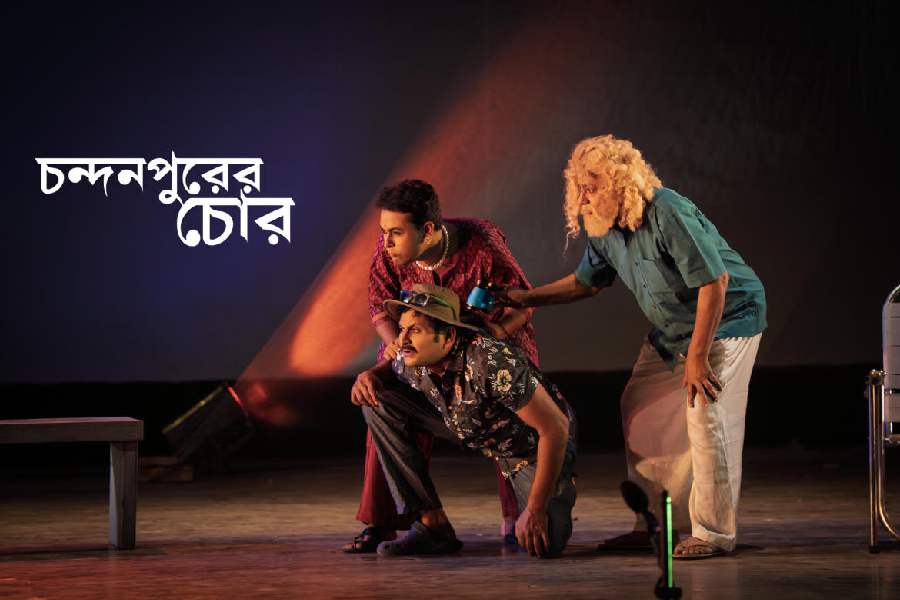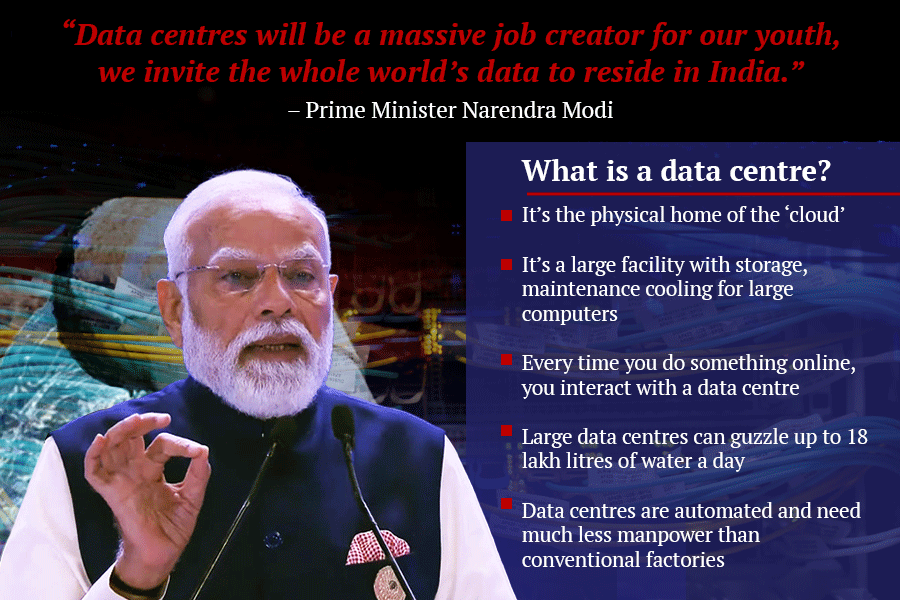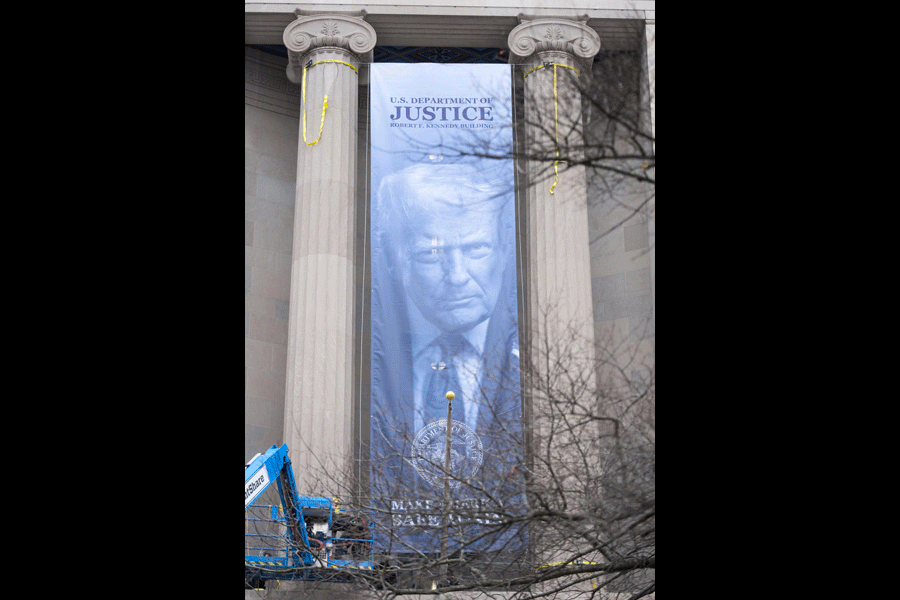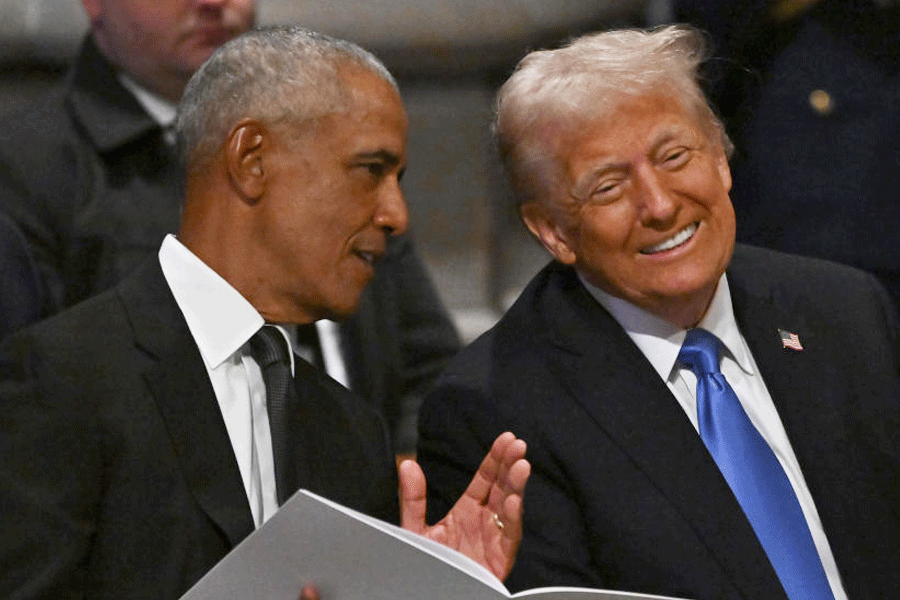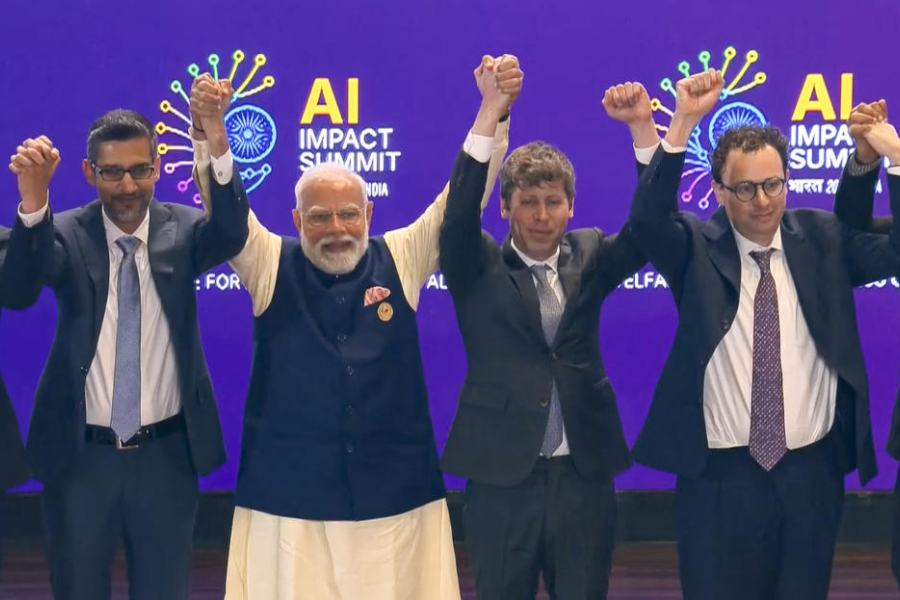In the contemporary landscape of theatre, a significant debate has been ongoing within the community regarding the importance of archiving live performances. The unique nature of theatre, deeply rooted in live entertainment, raises the question of whether it truly warrants preservation. This debate intensified during the pendemic that put a stall on all live performances and affected the community to a great extent, prompting many artistes and theatre professionals to rethink the path forward. Amidst this discussion, the GTPL-KCBPL Group has made a move by launching India’s first theatre OTT platform, One Theatre, last Friday.
This innovative app will enable users to access a collection of 300 plays, effectively bringing the rich world of Bengali theatre to mobile devices and aiming to re-establish its place on the global stage.
Archiving experiences
For generations, Bengal’s theatre has been a point of pride for its people, yet it has long suffered from a lack of proper documentation and archiving. One Theatre is stepping in to fill that void, currently offering 80 plays within its growing repertoire. Bijoy Kumar Agarwal, the managing director of GTPL Kolkata Cable & Broadband Pariseva Limited, expressed his vision: “My dream is to revive Bengali Theatre and introduce it to audiences worldwide. Though I come from a Marwari background, I grew up immersed in the vibrant Bengali culture of Belgachia. I’ve been a spectator at many performances and even participated in local productions for celebrations like Poila Baisakh and Bijoya Sammilani. However, as I pursued my career and looked for options to engage in theatre from home in my spare time, I found it distressing that there was no comprehensive archive for Bengali theatre. This realisation sparked the initiative for ‘One Theatre’. I hope this project endures, allowing us to capture and curate this beautiful live art form for future generations.”
In discussing this initiative, theatre practitioner Rajatava Dutta expressed his thoughts: “Theatre is a live performance, yet we’ve lacked a comprehensive medium to archive these experiences. As a result, we’ve lost many remarkable productions that, while they can be shared through books or storytelling, aren’t available for viewing. In our country, Natya Shodh, under Pratibha Agarwal’s leadership, has undertaken some efforts previously, but there hasn’t been a large-scale documentation of theatre until now. One Theatre is developing a software to host around 300 plays, with 80 already available, and they are diligently working on the rest.”
He further stated how this initiative can help theatre enthusiasts to engage with the art form who may not have the chance to attend performances in person or live outside Calcutta. “Often, they have to wait for theatre festivals, and not every play is featured there. Today, the ability to watch performances from home has expanded, creating a larger market for theatre, too. It allows everyone to not only enjoy the performances but also request live shows from specific groups,” he said, highlighting that theatre’s essence lies in its live nature but this platform may just broaden its reach.
“Many people have heard about exceptional plays but are uncertain about inviting groups for a show. This initiative will allow them to preview performances and potentially arrange for a larger audience experience. Individuals who might be unable to leave their homes can now enjoy theatre regardless of their location or circumstances. The mere fact that such an initiative has been conceived and executed is commendable.”
He also reminisced about how, as theatre practitioners, they lacked the opportunity to view complete performances from renowned theatre personalities, like Sombhu Mitra, Utpal Dutt, and Ajitesh Bandyopadhyay. “Our knowledge of them primarily comes from reading about them. However, future generations will have the chance to glimpse the current theatre scene in Bengal for inspiration. Many theatre groups often discontinue older performances in their pursuit of new works, but this platform could provide access to classic plays, potentially encouraging groups to revive them for live audiences,” added Dutta.
A significant step
Several plays are currently available on the platform, including Poulami Chattopadhyay’s Typist, featuring Debsankar Halder and Poulami Chattopadhyay herself. This production from Shyambazar Mukhomukhi revolves around two colleagues at a mail-order house, whose daily interactions nurture a profound emotional bond that endures into their twilight years. Another noteworthy performance is Mone Jongole, directed by Jyotisman Chattopadhyay. This thought-provoking play delves into the themes of memory and absence, revealing the complexities of how we remember and forget, each carrying its own emotional weight. Set against the backdrop of Happy Minds, a mental wellness centre, it follows a psychiatrist facing the challenge of memory loss, featuring an impressive cast that includes Rajatava Dutta, Shankar Chakraborty, Debolina Dutta and Anindita Banerjee.
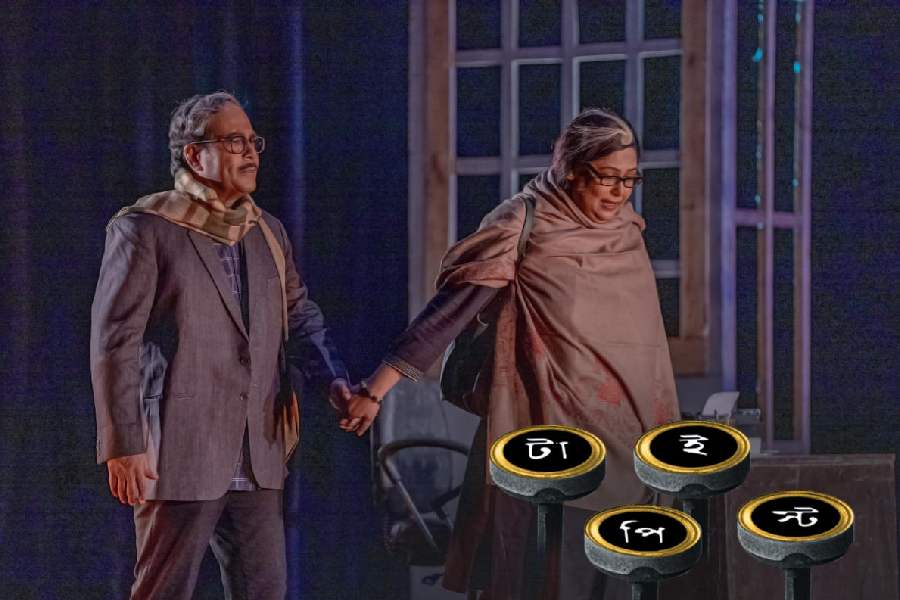
Poulami Chattopadhyay’s 'Typist'
Additionally, Mitali by Goutam Halder, presented by Naye Natua, unfolds over four nights as it explores a tender teenage love story set in an era without mobile phones. This production serves as a heartfelt homage, capturing the essence of youthful love and longing, beautifully inspired by Dostoevsky’s emotional insights and reimagined within our cultural context.
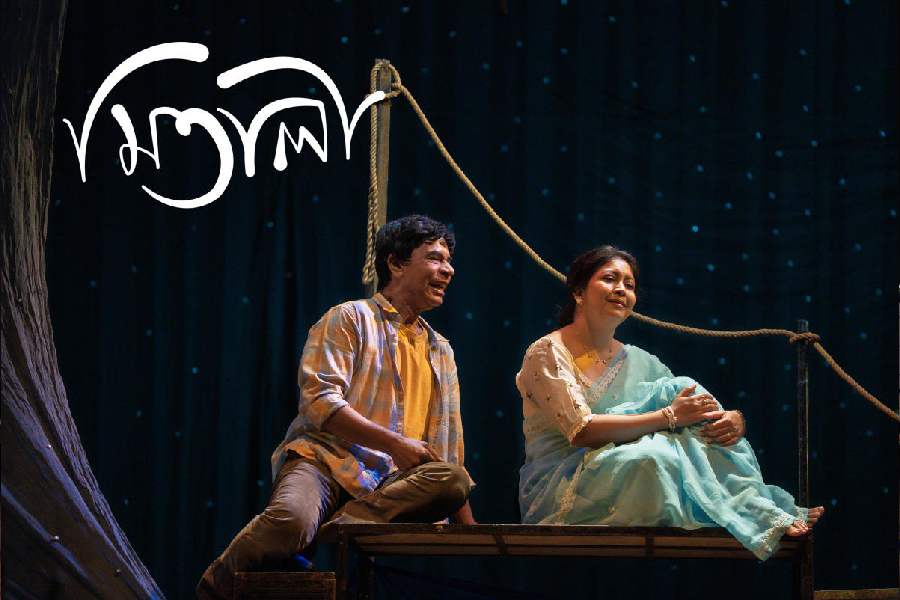
'Mitali' by Goutam Halder
Rwitobroto Mukherjee, a contemporary actor and theatre practitioner, shared his thoughts on archival theatre in Bengal. He believes that while various mediums and groups have explored this for some time, One Theatre has taken a significant step by bringing everything together on an OTT platform accessible worldwide. “This endeavour is crucial, as they are not just showcasing theatrical performances but also highlighting the work of veteran actors, directors, musical plays, and monologues. Many people remain unaware of the evolution of Bengali theatre and how it adapts to societal changes. What One Theatre is doing matters greatly, especially for future generations. It’s essential that our artistic expressions and perspectives are preserved to illustrate how theatre can offer an alternate way of life and convey meaningful statements,” he said.
Speaking about his work that will feature on the platform, he said: “In a world driven by commercial interests, Bengal theatre stands out where passion often speaks louder than words. I have participated in a production by Onyo Theatre directed by Abanti Chakraborty, which One Theatre has documented. The recorded live performance captures every nuance, imperfections included. They had employed several cinematographers to create an immersive viewing experience. While nothing can truly replace the magic of live theatre, for those unable to attend performances in person, this recorded experience can offer a genuine taste of what it means to be part of the theatrical world.”
The platform categorises plays into various genres such as comedy, tragedy, romance, and plays for kids. There are also special segments like natoker gaan and a tribute to the legendary Soumitra Chatterjee, a celebrated figure in the world of theatre as well as screen. His daughter, Poulami Chattopadhyay, a prominent theatre actor and director, expressed her enthusiasm for the platform, stating: “I truly welcome this because, as a full-time theatre actor, our work often goes unrecognised compared to screen actors who also perform in theatre. This app opens doors for us to connect with a broader audience. By watching plays through this app, I hope to spark their interest and curiosity about theatre, encouraging them to experience live performances as well. There’s a wealth of extraordinary theatre work being created that deserves recognition, especially by young talents who are doing remarkable things but are often going unnoticed.”
The One Theatre app, available for download, operates on a subscription model for viewers. It offers a single screen experience for three months at ₹299, a double screen six-month experience at ₹499 and a 12-month double screen experience at ₹799.

